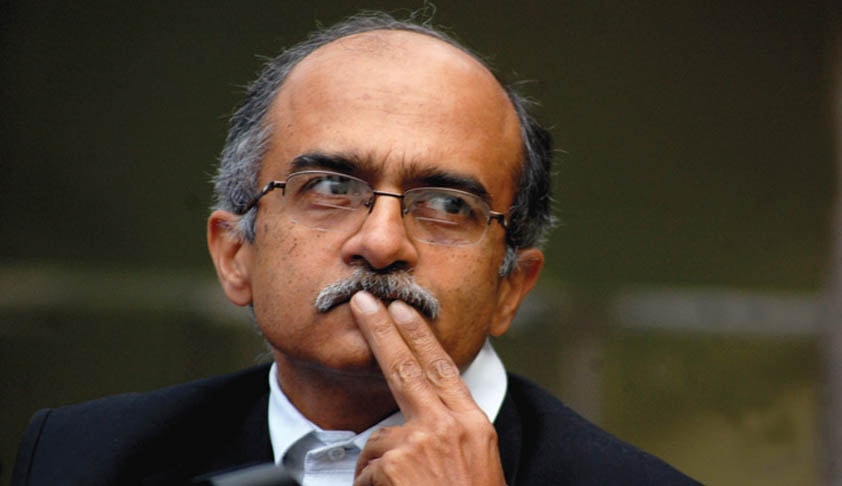Eminent Advocate Prashant Bhushan, who received the breach of privilege notice from Rajya Sabha Privilege Committee, regarding the premature disclosure of the CAG report, appeared before the committee today, and made submissions to deny that he committed breach of privilege, as alleged by the committee. According to sources, the committee members just heard him, and they will decide whether...

